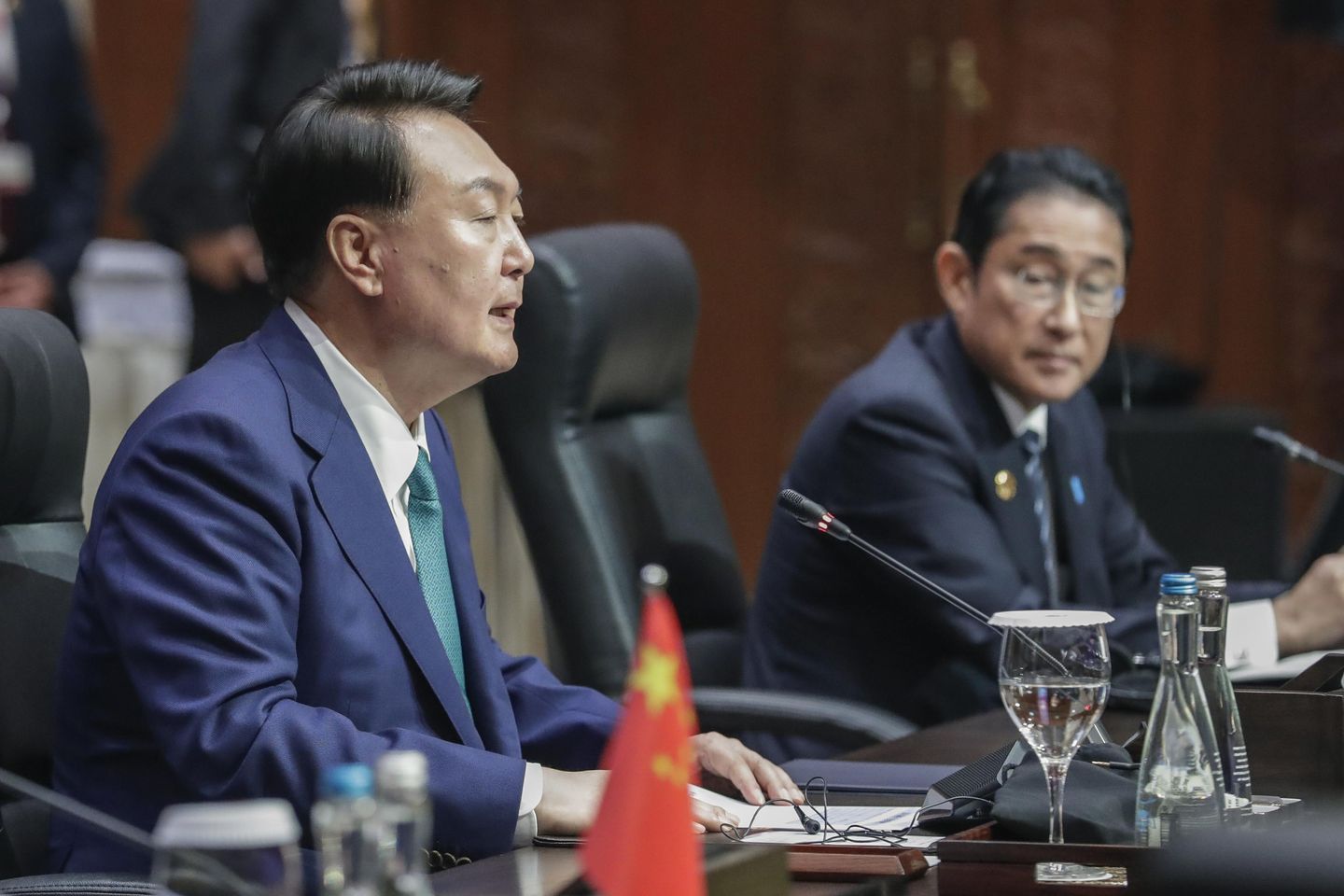The National Assembly elections in Korea on Wednesday are significant not only as a battle for control of the house but also as a referendum on conservative President Yoon Suk-yeol. Yoon, who was elected in March, has faced criticism for his handling of various issues, including the economy, COVID-19 response, and relations with North Korea. The outcome of the elections will reflect public sentiment towards Yoon’s administration and could potentially impact his ability to govern effectively in the future.
The ruling Democratic Party, led by President Yoon’s political rival Lee Nak-yon, is hoping to secure a majority in the National Assembly to push through its legislative agenda and provide a check on Yoon’s power. The party has focused its campaign on issues such as economic recovery, social welfare, and national security, aiming to appeal to voters who may be dissatisfied with Yoon’s policies. A victory for the Democratic Party would bolster its position in the government and potentially limit Yoon’s ability to implement his agenda.
On the other hand, the main opposition People Power Party, led by Yoon’s supporters, is seeking to win a majority in the National Assembly to support the president and his policies. The party has emphasized the need for a strong leader to address the challenges facing Korea, including economic stagnation, rising unemployment, and security threats from North Korea. A victory for the People Power Party would give Yoon the backing he needs to push through his agenda and implement his vision for the country.
The outcome of the elections is uncertain, with polls showing a close race between the Democratic Party and the People Power Party. Voter turnout is expected to be high, reflecting the importance of the elections in shaping the future direction of Korea. The results will not only determine the balance of power in the National Assembly but also influence the trajectory of Yoon’s presidency and the country’s policies in the coming years.
Overall, Wednesday’s National Assembly elections in Korea are a crucial moment for the country’s political landscape and the future of President Yoon’s administration. The results will serve as a barometer of public opinion towards Yoon’s leadership and could shape the course of Korea’s domestic and foreign policies. Both the ruling Democratic Party and the main opposition People Power Party are vying for control of the National Assembly to further their respective agendas, making the elections a high-stakes contest with far-reaching implications for the country’s future.









